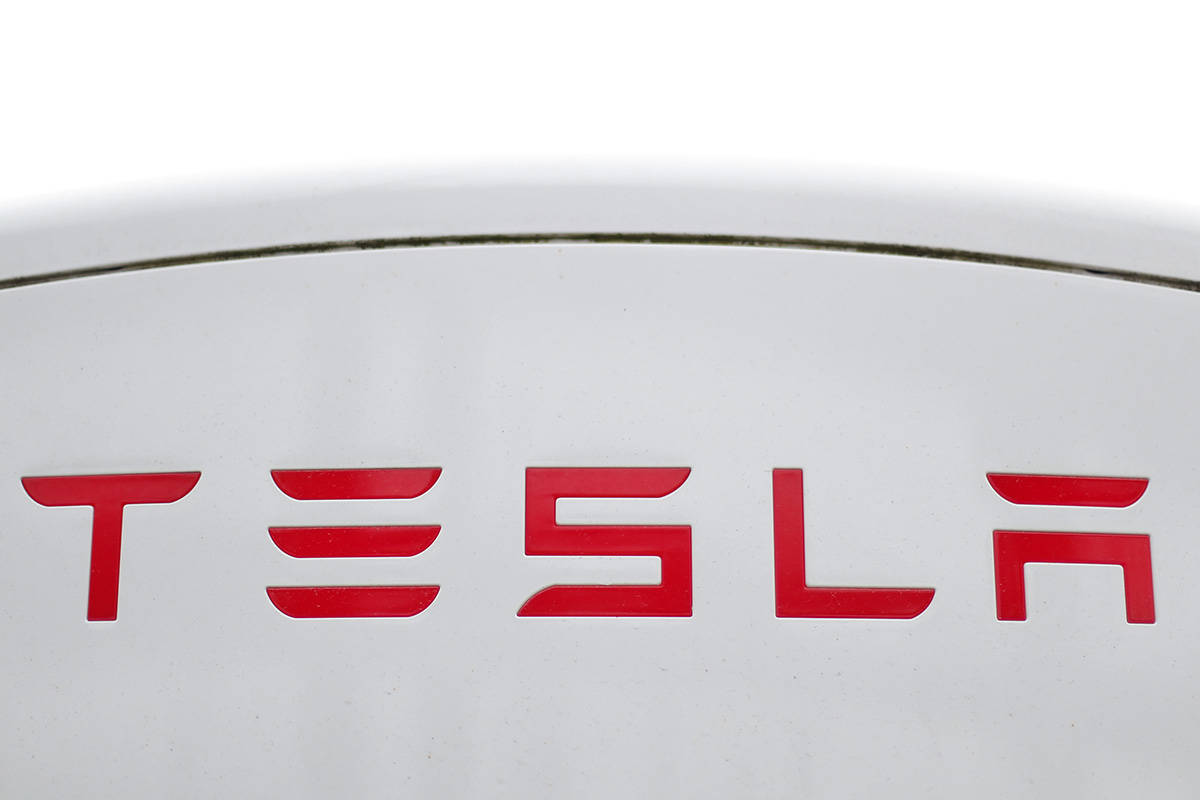LETTER: Nevada needs a plan to boost electric car sales
In response to your Oct. 21 editorial criticizing electric vehicle subsidies:
Nearly three in four prospective vehicle buyers in Nevada are interested in getting an electric vehicle, with nearly 40 percent saying they might even get one within the next two years, according to a recent Consumer Reports survey. But to buy one, those consumers might have to go to California because, of the 400 or so vehicle models to choose from in Nevada, only 13 are battery-electric. And none of those is a pickup truck or full-size SUV.
The marketplace just isn’t working for Nevadans.
Nevada’s governor is trying to change this. His office initiated the adoption of low- and zero-emission standards, which will bring more efficient and electric vehicle options into the state when finalized. He’s also launching a state climate strategy for Nevada, which will use market-based programs to support transportation electrification. And the previous governor, with support from the Legislature, approved incentives for Tesla’s Gigafactory that directly created more than 7,000 jobs and was responsible for 15,300 more across the economy.
This is a great start that could be the beginning of a new, diversified state economy if leaders continue the momentum and take even more smart, market-based actions. This should include expanding financing tools and rebates for purchasing an electric vehicle and home-charging equipment, as well as changing building codes to make charging easier at multi-unit buildings.
Switching from fueling to charging a new electric vehicle can save Nevadans $1,000 to $1,200 in annually. And EV drivers, on average, spend 50 percent less on repair and maintenance costs, which will be especially helpful for people in the market for a used vehicle.
Just as a household invests in a car to get to work, so can Nevada invest in a car market to help put the state back to work. This is an opportunity for Nevada to combine its climate strategy with efforts to rebuild its economy. The alternative of a hands-off approach ignores the opportunity to build a consumer-driven marketplace that will provide more choice and grow jobs.
Ultimately, the goal must be for the market to reach a tipping point where public investment won’t be necessary anymore and companies profit while saving consumers money and clearing the air. But those benefits will be harder to come by in Nevada unless state leaders push even harder to accelerate the technology today.

















